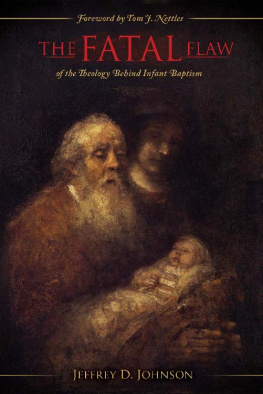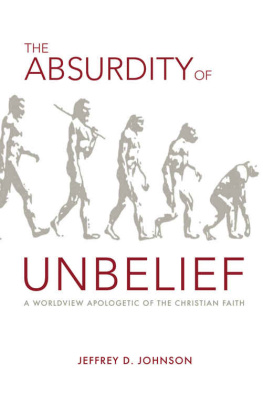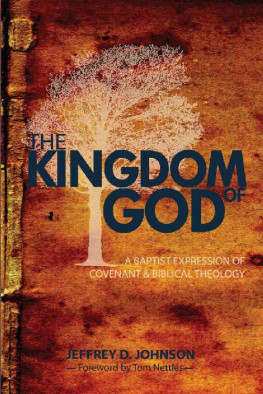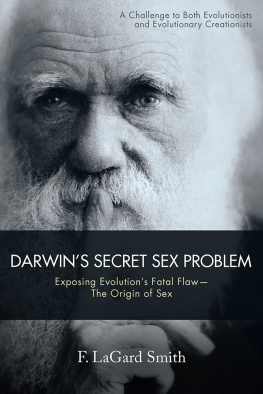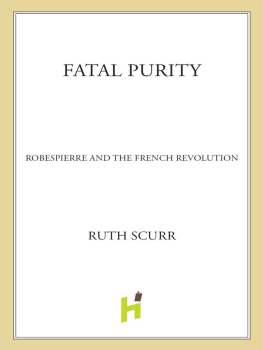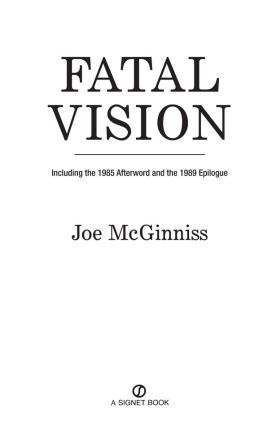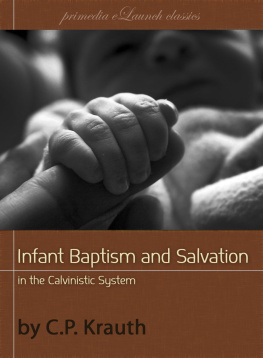This is an excellent and outstanding work, which deals with the subject from the ground up one of the best, if not the best, I have ever seen! Jeffrey deals with the all the aspects of the subject and in the logical order of their development in the subject area. He presents his position clearly with solid and sound exegesis and clear discussion and argumentation. Thus, he makes a definite and strong contribution to the subject matter of the day concerning the ongoing debate between continuity and discontinuity of the Divine covenants.
Richard P. Belcher, Sr.
Author of A Journey in Grace
* * *
If I were a Baptist, this argument would be the one I would want to share with my Presbyterian brethren or anyone considering leaving the Baptist camp to become one. It truly is a must read and should be in the library of every serious student of covenant theology.
Thomas J. Gentry
Pastor of Covenant Presbyterian Church and President Veritas Theological Seminary
* * *
Jeffrey Johnson has produced a thorough, vigorous, and impressive interaction with covenant theology as it is used in support of infant baptism. He has given detailed analysis of each part of the system, approved what was biblically warranted, challenged what is indefensibly contrived, and offered compelling alternatives to each part of the system that he has challenged. He has not left it at that point but has offered an alternate interpretation of the relationship between the covenants.
Tom J. Nettles
The Southern Baptist Theological Seminary
THE FATAL FLAW
of the Theology Behind Infant Baptism
Jeffrey D. Johnson
Copyright 2017 Jeffrey D. Johnson
All Rights Reserved.
All rights reserved. Written permission must be secured from the author to use or reproduce any part of this book, except for brief quotations in critical review or articles.
Published by Free Grace Press
1455 Champions Dr.
Conway, AR 72034
freegracepress.com
Cover design by Scott Schaller
scottschallerdesigns.com
Electronic Book Format by Jon J. Cardwell
jonjcardwell.com
In part 1, unless otherwise indicated, Scripture is taken from The Holy Bible, English Standard Version, copyright 2001 by Crossway Bibles, a division of Good News Publishers. Used by permission. All rights reserved.
In part 2, unless otherwise indicated, Scripture is taken from The King James Version (KJV) of the Bible.
Scripture marked NIV is taken from the HOLY BIBLE, NEW INTERNATIONAL VERSION. NIV. Copyright 1973, 1978, 1984 by International Bible Society. Used by permission of Zondervan. All rights reserved.
Scripture marked NKJV is taken from the New King James Version. Copyright 1982 by Tomas Nelson, Inc. Used by permission. All rights reserved.
Table of Contents
Foreword
Covenant theology has a long and noble history as a fruitful rubric for biblical interpretation. Covenants move the biblical story-line forward as God made promises to a variety of persons, most of them including the promise, I will be their God and they shall be my people (Gen. 17:7 Rev. 21:2, 3). Adam is certainly treated as a covenantal representative in Romans 5, and 1 Corinthians 15. Hosea 6:7 sees him as the first that transgressed the human requirement in a divine covenant. Noah is made recipient of a covenant on behalf of all people for all time concerning the destruction of the world by a flood (Gen. 9:8-17). Abraham is given a covenant concerning an earthly people, or peoples, and also concerning a spiritual seed (Gen. 12:1-3; 15:1-6, 17-21; 17:1-8; Gal. 3:5-9). This Abrahamic covenant is renewed to Isaac and Jacob. A covenant is made with Moses that includes the giving of the written code of moral law (Ex.19:5; Deut. 4:23; 5:2, 3; 29:1). The covenant in its fulfillment is narrowed when David is promised that one of his house will always occupy the throne over Gods people (2 Sam. 7). Isaiah, Jeremiah, and Ezekiel give witness to a time coming when God will make a new covenant that will be accompanied by power to effect its conditional provisions for its recipients and bestow blessings unbounded (Isa. 54; Jer. 31:31-39; Ez. 36:22-38). All of these seem to be expressions of an eternal covenant mentioned in Hebrews 13:20, 21 according to which Christ died and gives His people all that they need for life and godliness (equip you with everything good for doing his will and work in us that which is pleasing to him. [Cf. 2 Pet.1:3-5]).
As early as the book of Barnabas (between AD 70 and 132), the biblical idea of covenant governed the churchs perception of Gods dealing with his people and the inclusion of the Gentiles. Gabriel Biel (1415-95) used the covenantal concept to support his nominalist theology of merit. Zwingli, Bullinger, and Calvin all employed covenants as a way of seeing a coherent principle governing all of Scripture and explaining the various facets of the actions of God toward man. Although in the seventeenth century, both Presbyterians and Baptists, along with other parts of Reformed Protestantism, built their ecclesiology on a theology of the covenants, they disagreed on certain applications of biblical covenantalism; Presbyterians, along with the Dutch Reformed, following a trajectory of interpretation from Zwingli (1525) through Olevianus (1585), believed that the covenants, especially in promises made to Abraham, gave biblical warrant for inclusion of infants in covenant to be acknowledged by the continuation of infant baptism; Baptists, emphasizing the spiritual and effectual provisions of the new covenant, affirmed, and practiced accordingly, that only believers should be baptized and admitted to church membership.
These disagreements have produced a long tradition of literary interaction, sometimes pugnacious and threatening, but hopefully with a deep and abiding fraternal interest in truth, concerning the differences of covenantal interpretation. Jeffrey Johnson has produced a thorough, vigorous, and impressive interaction with covenant theology as it is used in support of infant baptism. He has given detailed analysis of each part of the system, approved what was biblically warranted, challenged what is indefensibly contrived, and offered compelling alternatives to each part of the system that he has challenged. He has not left it at that point but has offered an alternate interpretation of the relationship between the covenants. However the serious theological reader might want to challenge or nuance Johnsons proposal, each must surely recognize that his is a serious proposal that must gain a hearing in the ongoing discussions between Reformed paedobaptists and Reformed credo-baptists.
Tom J. Nettles
Acknowledgements
Many pieces had to fall in place for the publication of this work. For this reason, I would like to express my gratitude to all those who played an important role in bringing this book to fruition. I am especially thankful to Ben and Susie Lemoine, whose generous contribution helped to finance the publication costs. I also want to thank T. J. Gentry, pastor of Covenant Presbyterian Church (Heber Springs, AR), for the many hours spent answering my questions and challenging me to dig even deeper than I would have on my own. Richard Belcher invested countless hours reviewing my manuscript and provided many insightful suggestions and corrections that greatly improved the overall presentation of this work. For this, I am indebted to him. Gilbert Barr, pastor of Sovereign Grace Baptist Church (Simmesport, LA), gave me the needed encouragement to finish this study. His kind words diverted much discouragement for which I am deeply thankful. I also want to thank Jeff and Lisa Plair, Brian Nicholson and Sarah Ashwood for their cheerful proofreading as they arduously read over my drafts, correcting many mistakes. Most of all, I want to thank my lovely wife Letha, to whom I dedicate this book, for her undivided love, support, and encouragement during the entire process.

